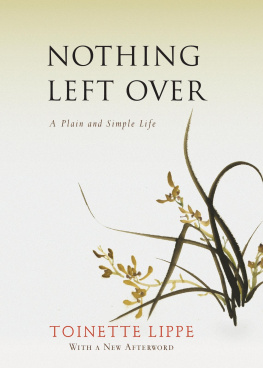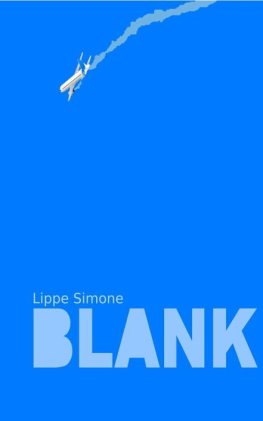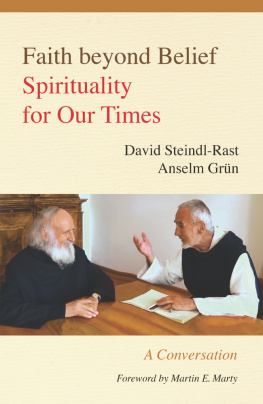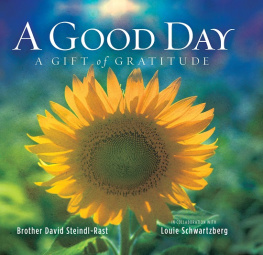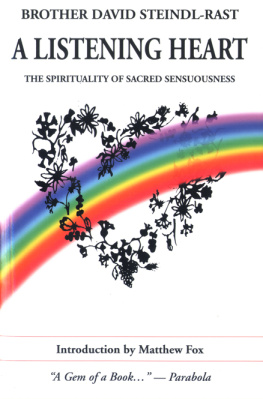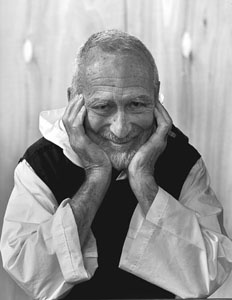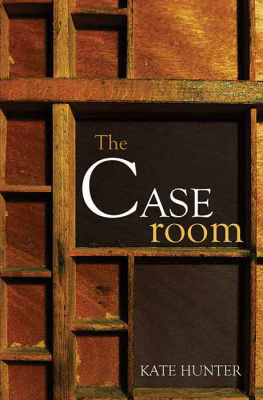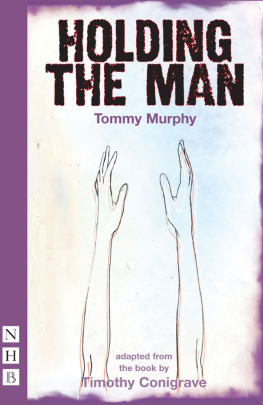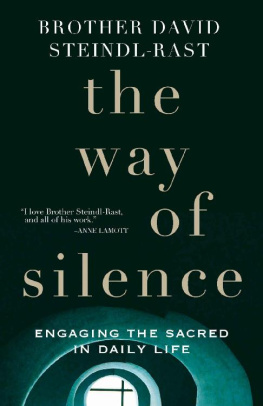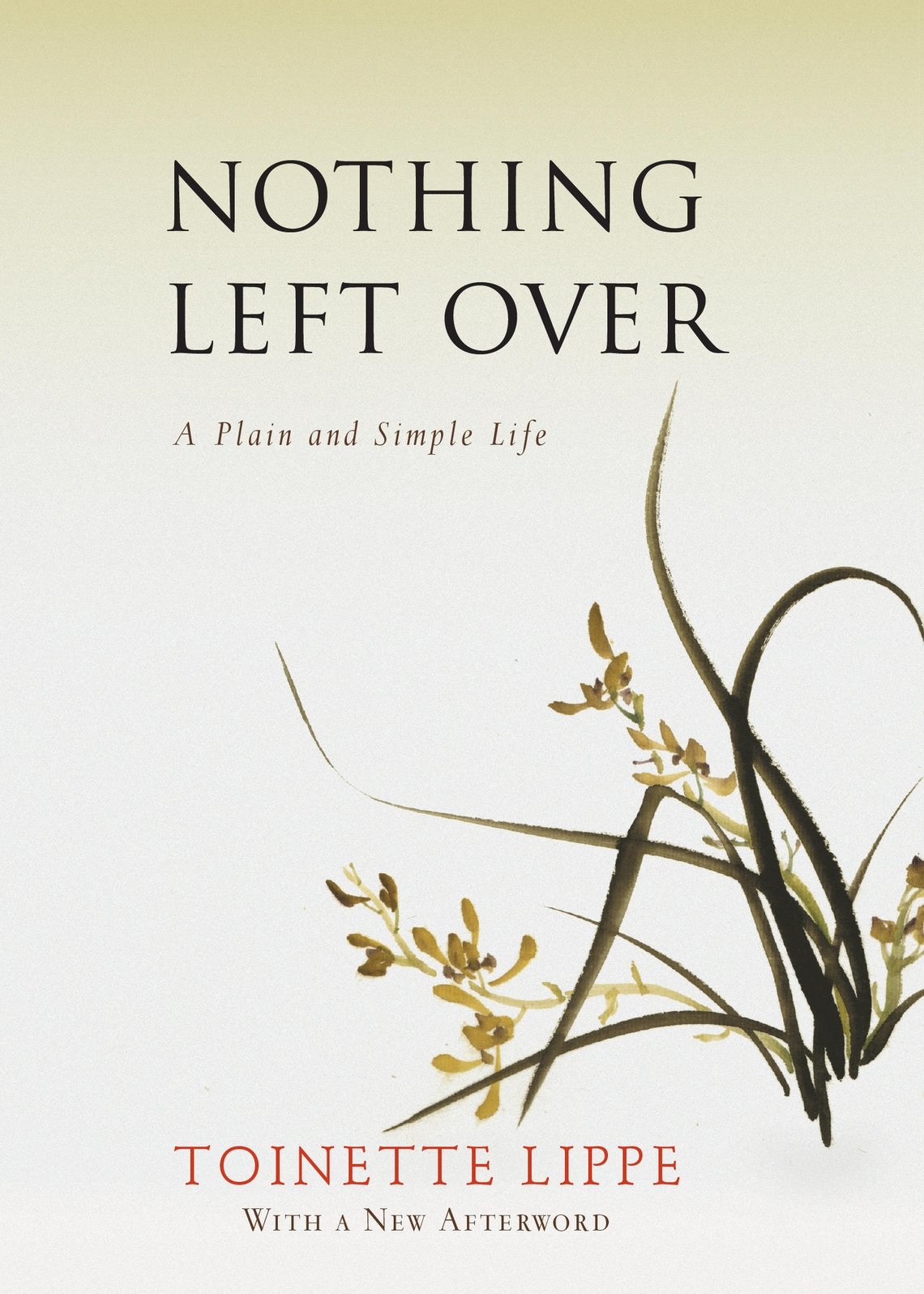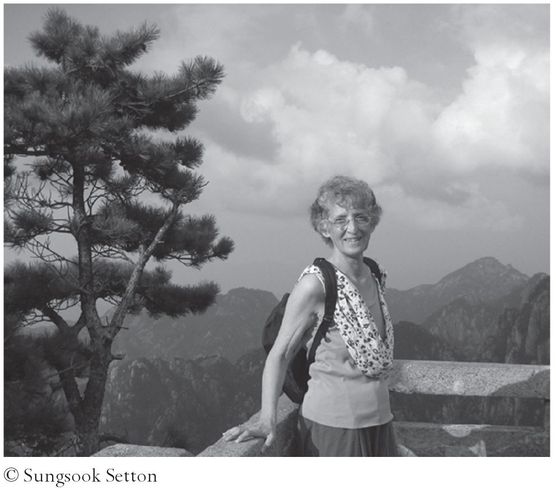About the Author
Toinette Lippe was born in London, where she began her publishing career. In 1964 she came to New York City for a year, worked at Simon and Schuster for three years, and then at Alfred A. Knopf as reprint rights director and editor for thirty-two years. In 1989, while still at Knopf, she founded Bell Tower, an imprint publishing books that nourish the soul, illuminate the mind, and speak directly to the heart, and she remained its editorial director for twenty years. Her own first book, Nothing Left Over: A Plain and Simple Life was first published in 2002 and her second, Caught in the Act: Reflections on Being, Knowing, and Doing , in 2004. In 2011 Vintage published a new edition of the Gia-fu Feng/Jane English translation of the Tao Te Ching , which Toinette edited at Knopf/Vintage in 1972 and which has sold more than a million copies. She and Jane English refreshed and revised the original translation, adding over a hundred new photographs by Jane and a foreword by Toinette, who is now listed as one of the translators.
After fifty years in publishing Toinette abandoned editorial work and devotes herself to East Asian brush painting, which she taught at the Educational Alliance for four years and now teaches on the Upper West Side of New York City. You can view and purchase her paintings and cards at www.toinettelippe.com .
Afterword
In my retirement I have made many new and wonderful friends, both in person and on the page. Authors no longer send me manuscripts offering the very teaching I need at this moment, but books I never had the time to read when I was in publishing provide mini-revelations. I think of the authors of these books as companions on the path, and what they have to say may be just what you need too. So here is a little of their wisdom:
I had learnt so much from the people Id met along my journeys: people for whom. landscape was intricately involved with self-perception, and for whom certain places or weathers brought yields of grace, writes Robert Macfarlane in The Old Ways , his luminous book on walking his way through the world. Yields of grace, indeed. Thats what I experience every step of the wayas long as I keep my eyes and ears open.
And this from Jonah Lehrer in Imagine: How Creativity Works . The German philosopher Heidegger believed that the reality of things is naturally obscured by the clutter of the world, by all those ideas and sensations that distract the mind. The only way to see through this clutter is to rely on the knife of conscious attention, which can cut away the excess and reveal the things themselves. The knife of conscious attentionI wish I had thought of this phrase myself.
The poet Jack Gilbert was once interviewed in Paris Review . The whole interview is wonderful, but this passage struck me deeply: When I read the poems that matter to me, it stuns me how much the presence of the heartin all its formsis endlessly available there. I really want to say something to someone that they will feel significantly inside themselves, and if Im not doing that then Im wasting our time.Being alive is so extraordinary. What is most important to writing poetry [is] presence, feeling, passionnot passion, but love. I want to experience or discover ways of feeling that are fresh. I love it when I have perceived something fresh about being human and being happy.
In Pilgrim at Tinker Creek Annie Dillard offers a wealth of extraordinary perceptions. Here are two such: Experiencing the present purely is being emptied and hollow; you catchgrace as a man fills his cup under a waterfall. And You wait in all naturalness without expectation or hope, emptied, translucent, and that which comes rocks and topples you; it will shear, loose, launch, winnow, grind.
After reading biologist David George Haskells marvelous The Forest Unseen: A Years Watch in Nature , I went to hear him give a talk and came away with this gem: Wonder increases as speed decreases. Let us all take this to heart as we rush into the future.
In Tricycle magazine I found meditation teacher Ken McLeods account of a three-week retreat where he was instructed to do nothing. In Something from Nothing, he asks, What is it like to do nothing? I mean, really do nothing, nothing at allno recalling what has happened, no imagining what might happen, no reflecting on what is happening, no analyzing or explaining or controlling what you experience. Nothing! I had to receive whatever arose, experience it, and not do anything with it. Be willing to receive, not control, whatever arisesthat is, not only allow but embrace every sensation, feeling, and thought, everything we experience. This is what I have been endeavoring to practice for many years now, but have not seen it described so succinctly anywhere else.
In 1961, when I was initiated into TM, I was asked what my aim in life was, and I replied: To be able to love. Loving someone seemed so remote then, so unattainable. But thirteen years later, when I was almost thirty-four, I fell in love for the first time. Yes, I had swooned over a few men before, but they had never really acknowledged my feelings or showed the slightest hint of reciprocating them, so I had simply worshipped each of them from afar. This time it was different. One evening I found myself saying to one of my authors, whom I had just met after a long correspondence, Do you know that I love you? No one could have been more astonished at what came out of my mouth than I was, but he smiled and said that he did know. I have little memory of the meal we shared, but afterward he took me in his arms and kissed me. I looked into his eyes and they were alive with liquid firedancing, merry, eternal. I told him that I had never seen such a thing before and he said that he had never experienced anything like this either. That relationship did not blossom in the way Id hoped it would, but from then on I knew that loving someone was possible because it had happened and, if something had happened once, there was always the chance that it could happen again. And it did when shortly thereafter I met and married my husband Neil. Many years have gone by since then and I had (almost) stopped hoping that love would arrive again and this time it would come to stay. Then, one day, I found this line on a blog by awoman whose name Im embarrassed to say I didnt make a note of: You know, I realize, after all my searching, that the love of my life ismy life.
This describes my life too. I am no longer looking for one person to love. I love so many people nowand so much else besides. What I love is my life and the abundance the universe delivers to my door time and time again. Everything unfolds and I love life itself.
New York City, December 2013.

